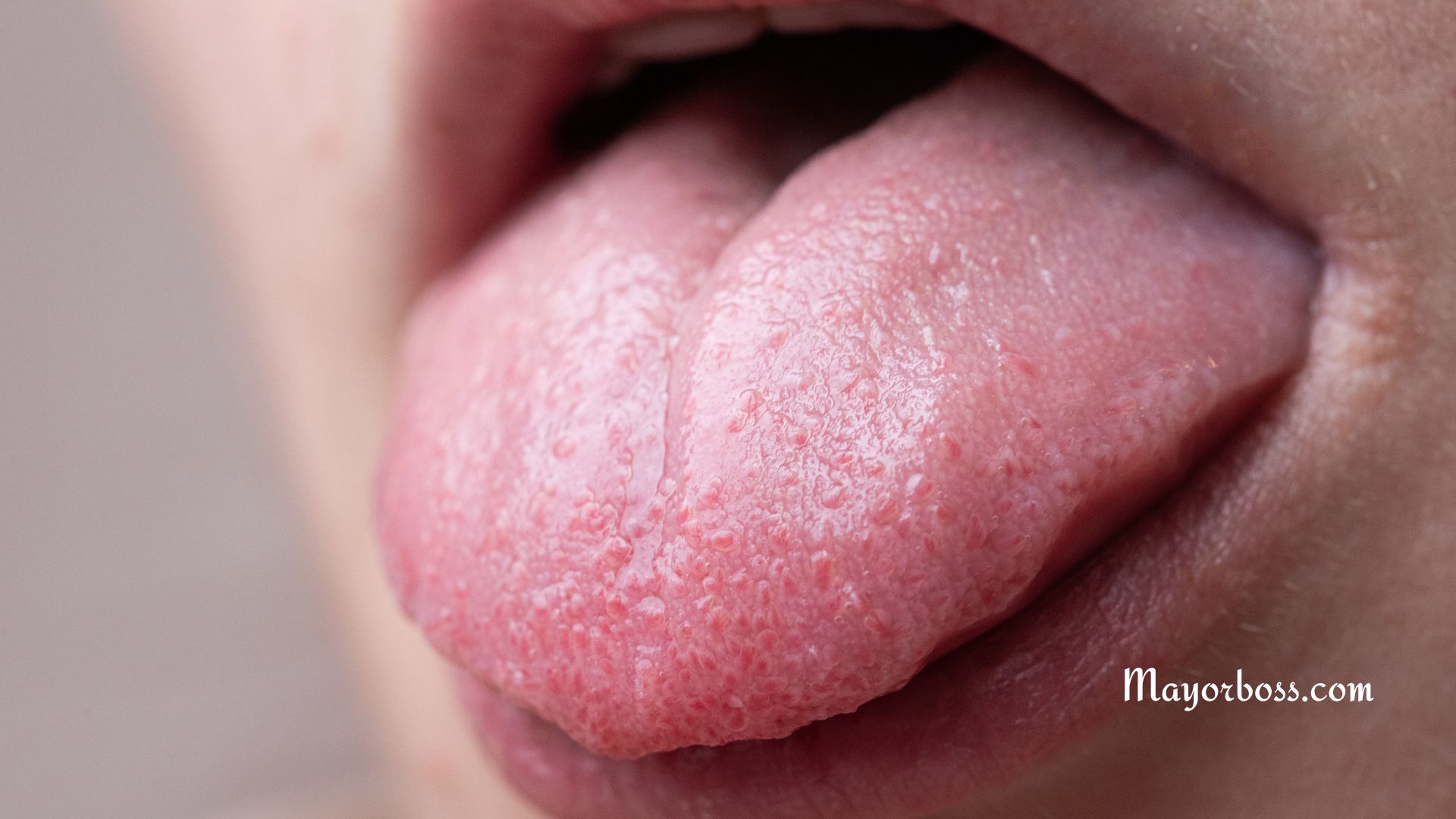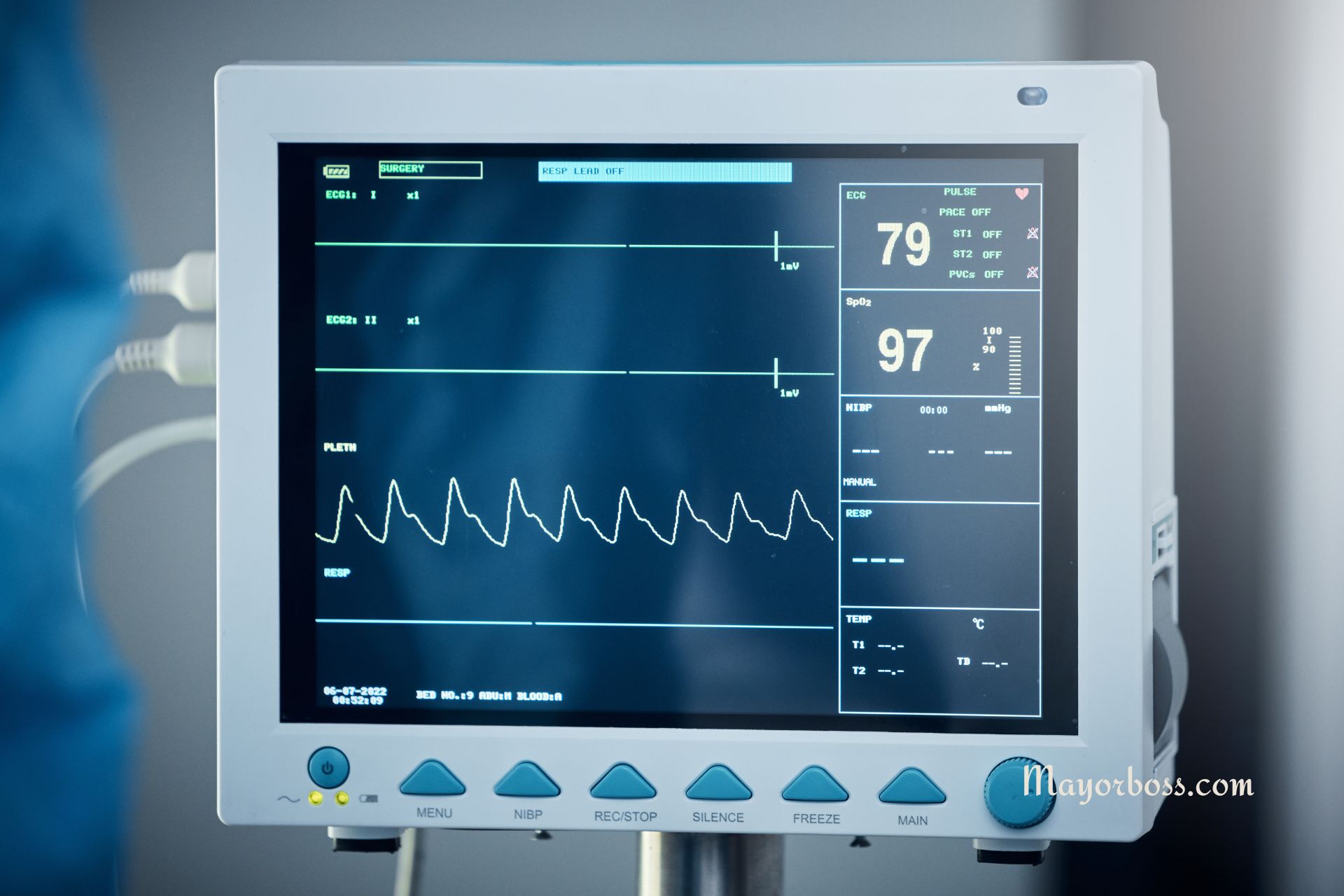High Cholesterol: Symptoms, Causes, and Treatment
High cholesterol is a common health concern that could have severe implications if left unchecked. Hence, understanding its symptoms and causes, and treatment options is crucial in managing this condition effectively. In this article, let’s discuss these topics.
What is High Cholesterol?
High cholesterol is a condition where there is an excessive amount of cholesterol in the bloodstream.
Cholesterol is a waxy, fat-like substance that is naturally present in the body and plays an essential role in various functions, such as producing hormones, building cell membranes, and aiding digestion.
However, when cholesterol levels become too high, it can cause plaque build-up in the arteries, a process known as atherosclerosis, which narrows the arteries and restricts blood flow.
This increases the chance of heart attacks, strokes, and other heart-related issues.
In particular, there are two major types of cholesterol: low-density lipoprotein (LDL) and high-density lipoprotein (HDL).
LDL is often referred to as “bad” cholesterol because it contributes to plaque build-up, while HDL is considered “good” cholesterol because it helps remove excess cholesterol from the bloodstream and prevents plaque formation.
Cholesterol is measured in milligrams per deciliter (mg/dL). In general, total cholesterol levels less than 200 mg/dL are considered healthy. Anything above 240 mg/dL is considered high.
Symptoms of High Cholesterol
High cholesterol often doesn’t cause noticeable symptoms.
However, it significantly increases your risk for serious health problems, including heart disease and stroke. This symptomless nature makes routine cholesterol screenings vital.
Causes of High Cholesterol
High cholesterol is typically a result of a combination of genetic and lifestyle factors. Your diet, physical activity level, and overall health can significantly impact your cholesterol levels.
Eating a diet high in saturated fats and trans fats, leading a sedentary lifestyle, excessive alcohol consumption, and smoking can all contribute to high cholesterol levels.
Certain medical conditions, such as diabetes, kidney disease, and hypothyroidism, can also lead to high cholesterol.
Treatment for High Cholesterol
Lifestyle Changes
A significant part of managing high cholesterol involves making lifestyle modifications.
These changes include adopting a heart-healthy diet that’s low in saturated fats and high in fiber, getting regular physical activity, maintaining a healthy weight, and quitting smoking.
Medication
If lifestyle changes are not enough, doctors may prescribe medications to help lower cholesterol levels.
These drugs, including statins, bile-acid-binding resins, cholesterol absorption inhibitors, and others, work in different ways to lower cholesterol.
Regular Check-ups
Regular medical check-ups are vital for people with high cholesterol. These check-ups help monitor your progress and make necessary adjustments to your treatment plan.
Final Thoughts
Maintaining a healthy lifestyle is key to preventing and managing high cholesterol. Regular check-ups are also crucial, as the condition does not cause noticeable symptoms until serious problems occur. Always consult with a healthcare professional if you’re concerned about your cholesterol levels.
Frequently Asked Questions About High Cholesterol
Foods that are high in cholesterol are often high in saturated and trans fats.
These include red meat, fast food, processed meats, fried foods, whole milk dairy products, butter, liver, and other organ meats.
It’s recommended that you limit these types of foods if you have high cholesterol or are at risk.
Lowering high cholesterol often involves changes in lifestyle.
Regular exercise, maintaining a healthy weight, and eating a diet low in saturated fats and cholesterol can all help reduce high cholesterol levels.
Eating more soluble fiber (found in oats, fruits, and vegetables) and omega-3 fatty acids (found in fish) can also help lower cholesterol. In some cases, medication may be needed.
High cholesterol can be influenced by several factors, some of which are controllable and some of which are not. Uncontrollable factors include age and family history.
As you age, your body’s chemistry changes, and your risk for high cholesterol increases. If your family has a history of high cholesterol, you may be genetically predisposed to the condition.
Controllable factors include diet, weight, and exercise. Eating a diet high in saturated fats, trans fats, and cholesterol can raise your cholesterol levels.
Similarly, being overweight and not exercising can elevate your cholesterol. Finally, smoking can lower your good cholesterol, particularly in women, and increase your bad cholesterol.






